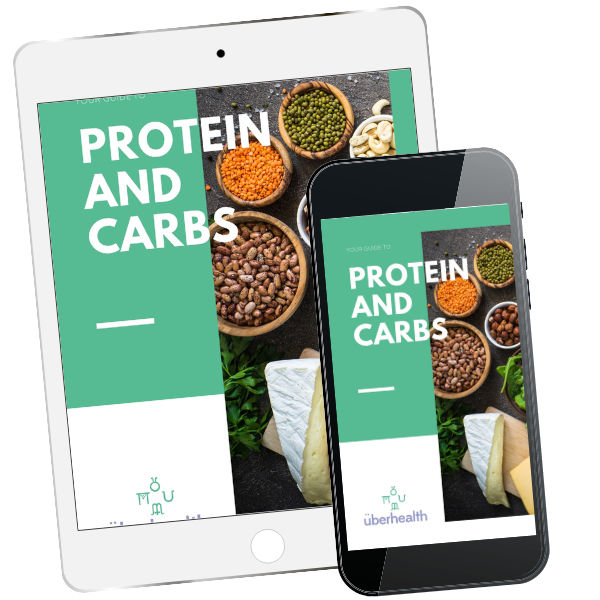Minimalist Health: Starting With Step One

With all the noise around decluttering our wardrobes and homes, I’ve found myself reflecting on a different kind of minimalism—the one our bodies might be craving.
Minimalism in health isn’t about restriction. It’s about stripping back the overload of conflicting advice, trends, and to-do lists and returning to the core foundations of wellbeing.
After more than two decades as a naturopath, I’ve seen the science of health and nutrition evolve dramatically—epigenetics, the microbiome, immune complexity. It’s inspiring, yes—but also overwhelming. Despite all our knowledge, many people feel more confused than ever. Which diet is best? What kind of exercise? Is fasting right for me? What about breathwork, mindfulness, supplements?
Sometimes, the answer isn’t more—it’s less.
Reconnecting with the Basics
When everything feels too complex to act on, it helps to come back to a simple and timeless framework. In traditional naturopathy, there’s a concept called Nature’s 7 Doctors—a guide that’s both practical and profound.
Here they are:
Nature’s 7 Healers
- Whole foods and a healthy diet
- Clean water
- Fresh air and proper breathing
- Movement and exercise
- Sleep
- Sunshine
- Mental and emotional wellbeing
It looks deceptively simple. But take a moment to check in—how many of these seven are you truly engaging with daily?
When I speak to busy professionals or students, the reality is most people consistently manage only two or three. The exception is often regular exercisers—because one positive habit can create momentum for others.
Step One: Clean Water
To ease into this approach, let’s start with one of the simplest yet most powerful changes you can make: hydration.
Hydration isn’t just about hitting a number—it’s about consuming enough useful fluids to support your body’s daily needs and physical activity. A general guideline is 1–1.5 litres of clean water per day, plus extra to account for exercise or hot weather.
Finding Your Sweat Rate
Everyone sweats differently, so it’s helpful to estimate your personal fluid loss:
-
Weigh yourself (naked is best) before exercise.
-
Complete 30–60 minutes of your usual training.
-
Towel off and weigh yourself again.
The difference is roughly equal to your fluid loss (1kg = ~1 litre). This gives you a starting point for how much water to replace post-workout.
Assessing Other Fluids
As you increase your water intake, also take a gentle look at what else you’re drinking.
- Are you consuming a lot of sugar-laden or artificially sweetened beverages?
- Is coffee or tea becoming your main fluid source?
- How often are you reaching for alcohol as a wind-down tool?
You don’t need to cut everything out—but bringing awareness and setting boundaries can be powerful. If you’re ready to reset, consider reducing alcohol to 2–3 standard drinks per week, just for a few weeks. Your liver will thank you—and you might discover some positive shifts in energy and sleep too.
One Step at a Time
This isn’t about overhauling your entire lifestyle. It’s about simplicity. Choosing one pillar of health at a time to focus on. Doing it well. Letting small steps create lasting change.
If you're up for it, keep a short journal—just one or two sentences a week noting how you’re feeling and what you’re noticing. These reflections often reveal more than numbers ever could.
Thanks for taking time to reconnect with your wellbeing. I hope you’ll join me on this minimalist approach to health—slow, steady, and supportive.
FREE RESOURCE


